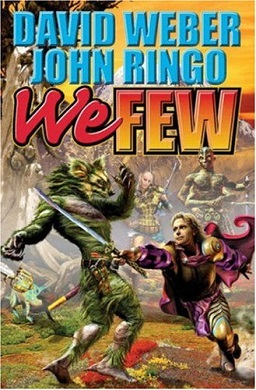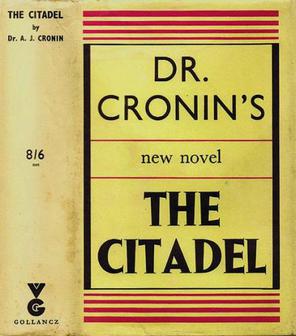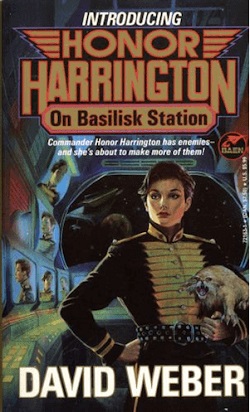Lists



3 Books
Books - The Empire of Man series by David Weber and John Ringo
Sort by:
Recent Desc
The Empire of Man series by David Weber and John Ringo About Prince Roger Ramius Sergei Alexander Chang McClintok heir tertiary to the Throne of Man.
More lists by Xander Snyder


Sci-Fi
List includes: Avatar, Starship Troopers, Equilibrium
January 2022
0
X
@xandersnyder


Mil-SciFi
Books, Movies, and Shows that fit the Military Science Fiction genre
October 2021
0
X
@xandersnyder



Books - The Ember War series by Richard Fox
The Ember War series by Richard Fox
All that was left of Humanity was but an ember.
October 2021
0
X
@xandersnyder



Books - The Lost Fleet by Jack Campbell (aka John G Hemry)
The Alliance fleet is trapped behind the enemy Syndic lines and it is up to the legendary Captain John "Black Jack" Geary to bring them home.
October 2021
0
X
@xandersnyder



Books - Legacy of the Aldenatta by John Ringo
The Legacy of the Aldenatta series by John Ringo (aka The Posleen War)
October 2021
0
X
@xandersnyder



Books - Troy Rising series by John Ringo
Troy Rising series by John Ringo
Live Free or Die
October 2021
0
X
@xandersnyder
Books - Expeditionary Force by Craig Alanson
Trust the awesomeness!
October 2021
0
X
@xandersnyder
Galaxy's Edge series by Jason Anspach and Nick Cole (NOT STAR WARS)
The Galaxy is a dumpster fire.
October 2021
0
X
@xandersnyder



Books - Honorverse
Books in the Honor Harrington universe by David Weber
October 2021
1
X
@xandersnyder
